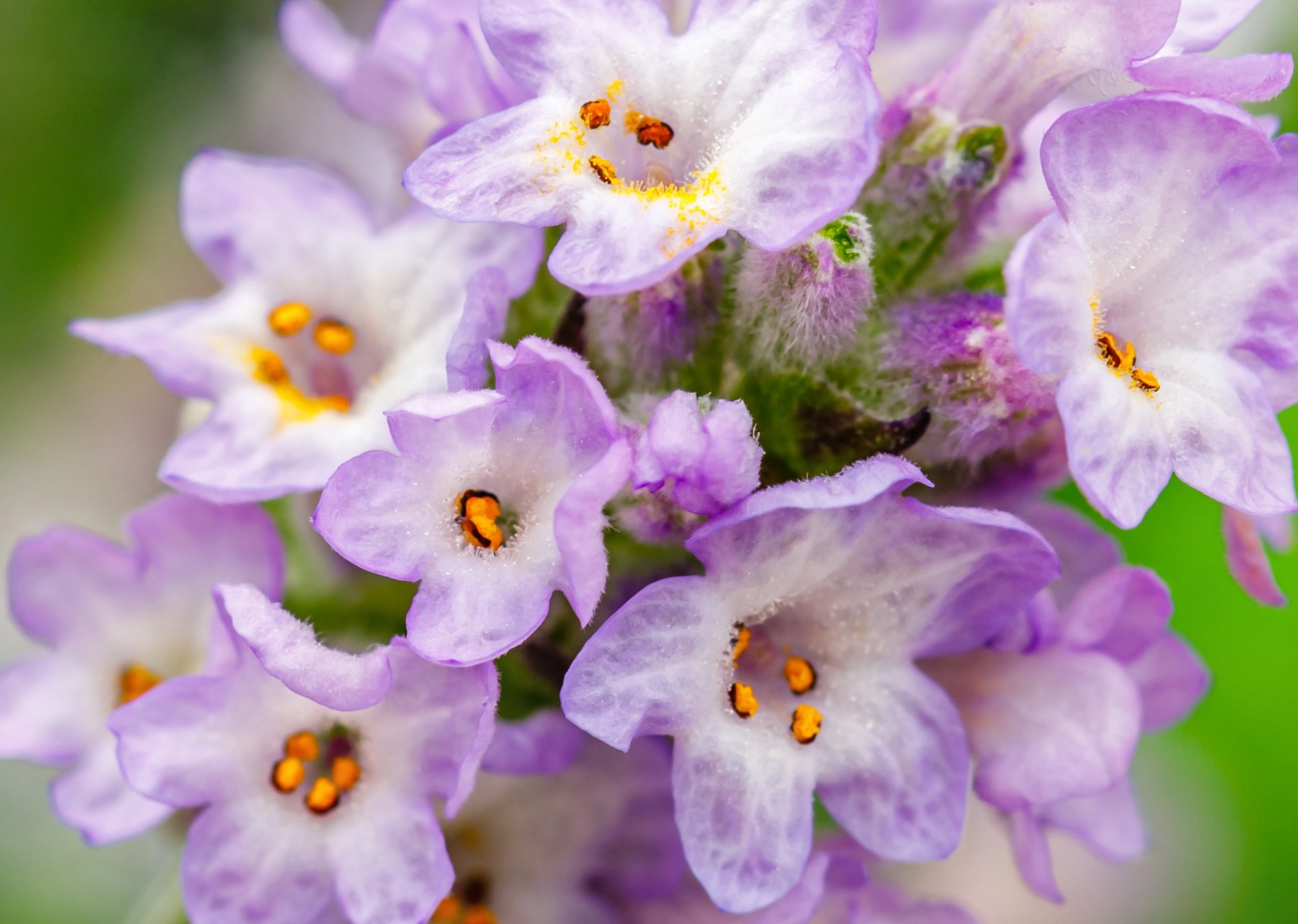Atopic dermatitis (AD) is a condition that causes dry, itchy, and inflamed skin, most commonly occurring in young children. It is characterized by eczemas that repeatedly exacerbate and is a growing concern in today's world, resulting in a substantial reduction in the quality of life of patients suffering from the condition. Reports estimate that 15-20% of all children and 1-3% of adults play host to the disease.
While the underlying causes of AD have not yet been pinpointed, a combination of genetic and environmental factors is thought to contribute to the condition, with mutations in the filaggrin gene found in 20% of AD patients. The filaggrin gene is essential for the proper functioning of the epidermal barrier, with modifications to the gene facilitating antigen invasion, thereby producing inflammatory cytokines. Environmental factors, including mites, pollen, and chemical air pollutants, exacerbate these cytokines, causing excessive immune response, physiologically presented as itchy skin, especially on the arms and behind patients' knees.
Current treatments for AD consist of immunosuppressants and steroids. Unfortunately, these treatments are symptomatic, reducing the itchiness while leaving the condition untreated. Recent research has identified United States (US) Food and Drug Administration (FDA)-approved novel therapeutic agents such as dupilumab, tralokinumab, and baricitinib, which aim to cure the pathogenic mechanisms of AD but remain expensive and inaccessible. Therefore, there remains a pressing need for cost-effective, natural, and easily accessible interventions capable of controlling AD effectively.
Folk medicine has long postulated using lavender essential oils to treat itchy skin. Given the widespread accessibility of the oils (lavender oils are one of the most commonly distributed cosmetic additives globally) in perfumes and lotions, their relative cost-effectiveness, and their environmental 'greenness,' these oils may hold the key to treating AD and similar skin ailments.
Three main Lavandula species are used in essential oil production – Lavandula angustifolia, L. spica, and L. stoechas. Of these, L. angustifolia contains the highest concentrations of potentially beneficial bioactive terpenes – linalyl acetate and linalool. Depending on the region and harvest season, these bioactives vary in concentration between 1.2-59.4% and 9.3-68.8%, respectively. Encouragingly, murine models have elucidated that both compounds can effectively inhibit edemas, inflammation, and cytokine production.
 Lavandula angustifolia flowers. Image Credit: nnattalli / Shutterstock
Lavandula angustifolia flowers. Image Credit: nnattalli / Shutterstock
"L. angustifolia essential oil is traditionally thought to have anti-inflammatory and wound-healing properties, which is used as a massage oil in aromatherapy. For many years, the scientific basis for such use was unknown, but in recent years, in addition to its anti-inflammatory and wound healing effects, increasing evidence has supported the traditional use of L. angustifolia essential oil, albeit inconclusively, for its antibacterial and analgesic effects."
About the study
In the present study, researchers developed a xenobiotic response (XRE) reporter assay ('XRE-NLuc') using the human immortalized keratinocyte cell line (HaCaT) to test the efficacy of L. angustifolia essential oils, linalyl acetate, and linalool on AD. The xenobiotic response represents the reaction of AD patients to air and UV pollutants and hence serves as a proxy for the environmental exposure of AD patients to exacerbating agents.
They further used an ARE reporter assay to investigate the degree of skin sensitization accompanying different concentrations of L. angustifolia or its terpene extracts. To evaluate gene expression levels of HaCaT used in both assays, copy DNA (cDNA) libraries were constructed and subjected to quantitative polymerase chain reaction (qPCR) analyses.
Sodium dodecyl sulfate-polyacrylamide gel electrophoresis (SDS-PAGE) in tandem with western blotting was used to detect and quantify protein expression by assayed HaCaT cells. Finally, flow cytometry assays were used to assess the cell viability and the treatment's Stimulation Index (SI) versus control cells.
Study findings
Results from the study indicate that L. angustifolia essential oil, linalyl acetate, and linalool are all capable of AD inhibition via aromatic hydrocarbon receptor (AhR) suppression. The AhR receptor is responsible for triggering the AD cascade on exposure to environmental pollutants (primarily air and UV).
"Both linalyl acetate and linalool inhibited AD in a concentration-dependent manner with IC50 values of 519 μM and >1000 μM, respectively, indicating that the former was more potent."
The tested components were further found to inhibit induced Artemin expression. Artemin is a neurotrophic factor (ARTN) that causes skin stretching, directly resulting in increased skin sensitivity and itchiness.
"Linalyl acetate and linalool also decreased the induced Artemin expression with IC50 values of 3.6 and 194 μM, respectively, indicating that linalyl acetate exerted a stronger inhibitory effect."
Together, these results highlight that lavender essential oils can effectively combat air pollution-induced AD. Body lotions containing essential lavender oils or their purified extracts may both form a barrier against air pollution exposure while soothing preexisting itchiness. Additionally, SDS-PAGE and western blotting experiments indicate that linalyl acetate intrinsically promotes AhR and ARNT protein degradation, further highlighting its ability to inhibit AD.
Encouragingly, results from the skin sensitization assays revealed that lavender oils and their major components either had neutral or negative skin-sensitization effects, confirming their safety during direct-contact application on human skin.
Conclusions
In the present study, researchers investigated the potential of lavender essential oils in preventing and treating AD. Their results revealed that the oils, especially linalyl acetate, effectively inhibited the AD mechanistic cascade while remaining safe for human use.
"Our results indicate that linalyl acetate in L. angustifolia essential oil is a major contributor to AD inhibitory effects and lavender oils with high linalyl acetate contents would be effective for AD treatment, although other components in L. angustifolia essential oil, which we did not test, might be other contributors. The results presented here may be limited due to the oils and assays used in this study. Importantly, similar to several other agents, their efficacy is highly dependent on the optimal concentration range. Therefore, we respectfully suggest that their use at higher concentrations may not result in the desired therapeutic outcomes."
Journal reference:
- Sato, H., Kato, K., Koreishi, M., Nakamura, Y., Tsujino, Y., & Satoh, A. (2024). Aromatic oil from lavender as an atopic dermatitis suppressant. PLOS ONE, 19(1), e0296408, DOI – https://doi.org/10.1371/journal.pone.0296408, https://journals.plos.org/plosone/article?id=10.1371/journal.pone.0296408